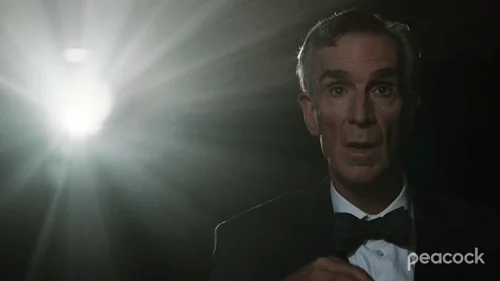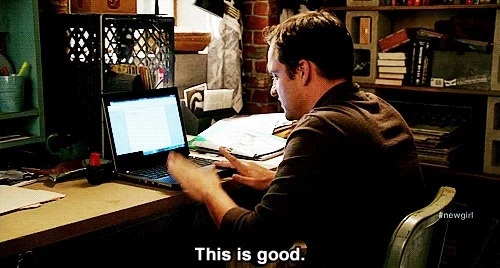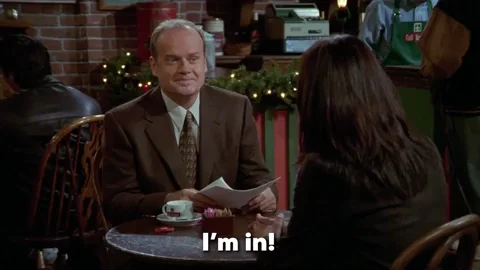
This logo isn't an ad or affiliate link. It's an organization that shares in our mission, and empowered the authors to share their insights in Byte form.
Rumie vets Bytes for compliance with our
Standards.
The organization is responsible for the completeness and reliability of the content.
Learn more
about how Rumie works with partners.
Do you love reading books and watching movies? Can you imagine a cinematic experience unfolding when you're reading? Do you anticipate your favorite books on the big screen?
Well, look no further! Here is an in-depth outline of what it means to be a screenwriter and why this may just be the right fit for you.

Did you know?
A screenwriter isn't just limited to Hollywood's big screens! They write for television, short films, commercials, and even video games.
How Do Screen Writers Contribute?
Screenwriters create a blueprint for the big screen. They adapt a story, whether a published book or an idea, into a world of characters, emotions, and memorable scenes!

The visual narrative is all up to them — they write dialogues, decide the setting, and even think about camera and stage directions.
They might just be the backbone of the entertainment industry! Without screenwriters, we would never have loved our favorite television shows or movies.

What Does a Typical Day Look Like?
A screenwriter works with the entire team on the set of the project, including directors and producers, bringing to life a vision for how a story will play out on the screen.
Screenwriters consult with directors and production companies, immerse themselves in writing stories daily, and are a big part of table reads, meeting actors, and making sure it all comes together as intended.
They do it all: consult, write, edit, and re-write again and again until everything's perfect!

Quiz
What does a screenwriter NOT do in their role?
Screenwriters are critical to the final product, writing dialogue, working with directors, attending table reads, and even providing comments for camera and stage direction. However, they don't cast the actors — that's the casting director's job!
What Experience Do I Need?
Although there aren't exact educational requirements for becoming a screenwriter, these degrees might help you out:
Media & Communications
Theatre & Film Studies
Creative Writing

You'll also need the essential skills and knowledge of verbal and written communication, how media is produced, and the creativity and determination to create a simple idea into a product for the screen.
Screenwriters must also know how to work with specific industry software, including Final Draft and Celtx.
Did you know?
A digital portfolio of your skills will help you land a job! This should include some information about you (including your education and any awards received), your resume, and writing samples. Platforms like Writerfolio, WordPress, and Wix are great starting points.
You'll Love It If...
You enjoy writing creative stories from start to finish.
You're organized, a self-starter, a team player, and can meet deadlines.
You enjoy a non-traditional job, not confined to a 9-5 schedule.

Look For Another Career Path If...
You prefer steady work hours.Screenwriters often spend long and irregular hours writing to make deadlines.
You find storytelling a difficult or boring task.
You're looking for long-term work. Most writers start off freelance before breaking into the industry.

Take Action

Does screenwriting sound like a good fit?
If it does:
This Byte has been authored by
Mehwish Saeed
Content Writer
MT and BSc

